Scientific revolutions
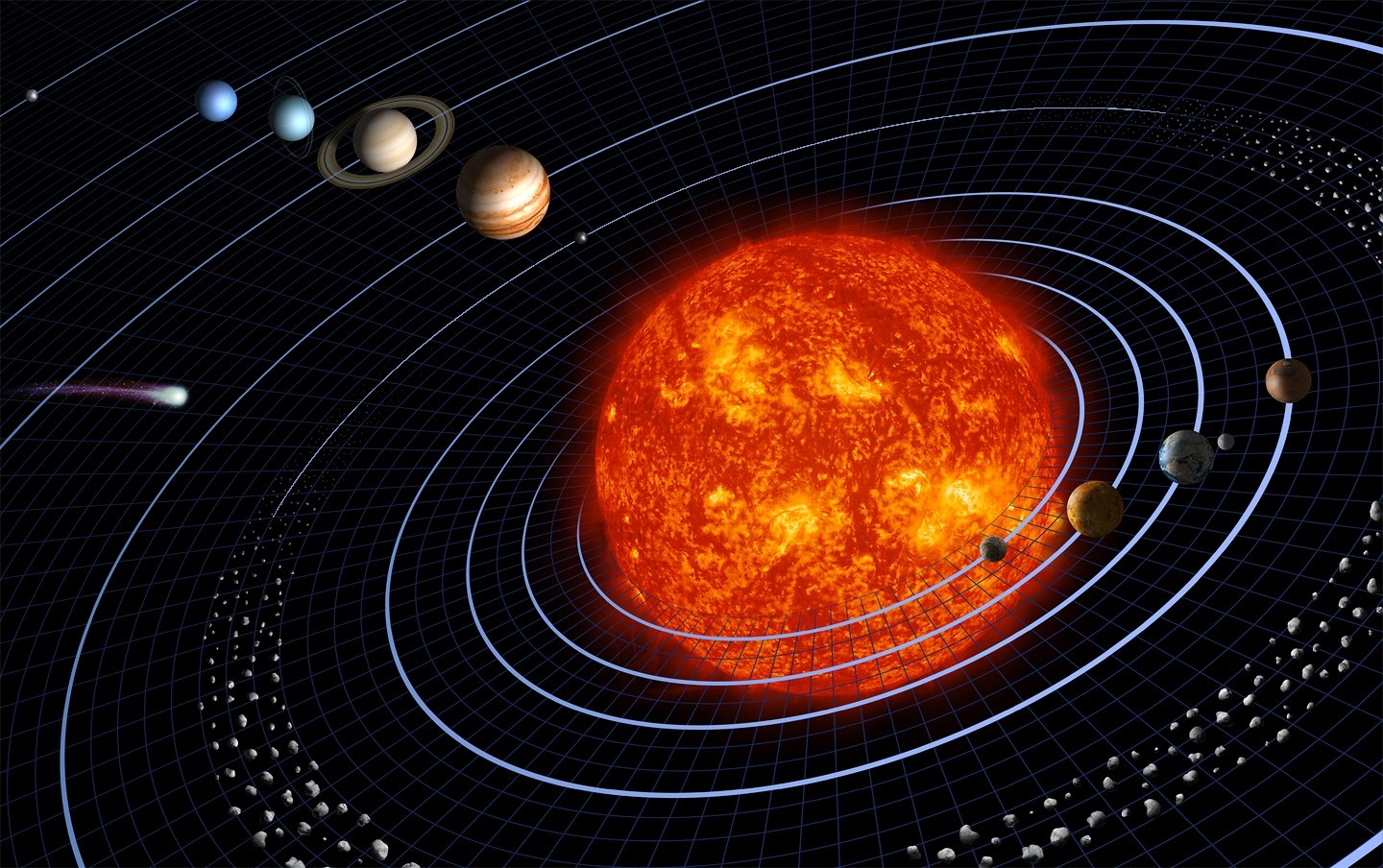
Scientific revolutions are inevitable
Kuhn observed 5 modern scientific revolutions (or paradigm shifts)
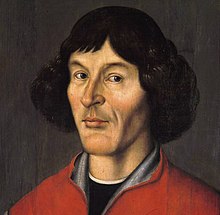
1543 – COPERNICUS
The earth is a planet of the solar system.
Showed that the Earth was not the center of the universe
but the third planet orbiting the nearest star, the Sun.
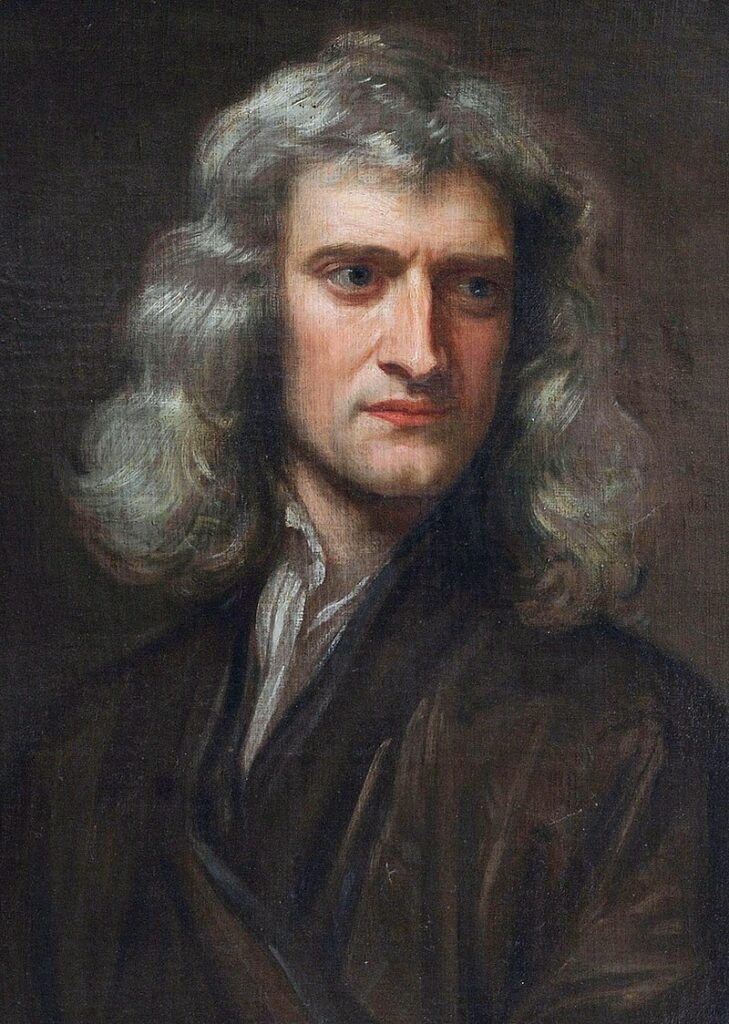
1687 – NEWTON
All objects in the universe are subjected to the same forces.
Showed that the objects that fall on earth and the planets that orbit the Sun are subject to the same forces, among them gravitation. Their motions can be predicted and calculated.
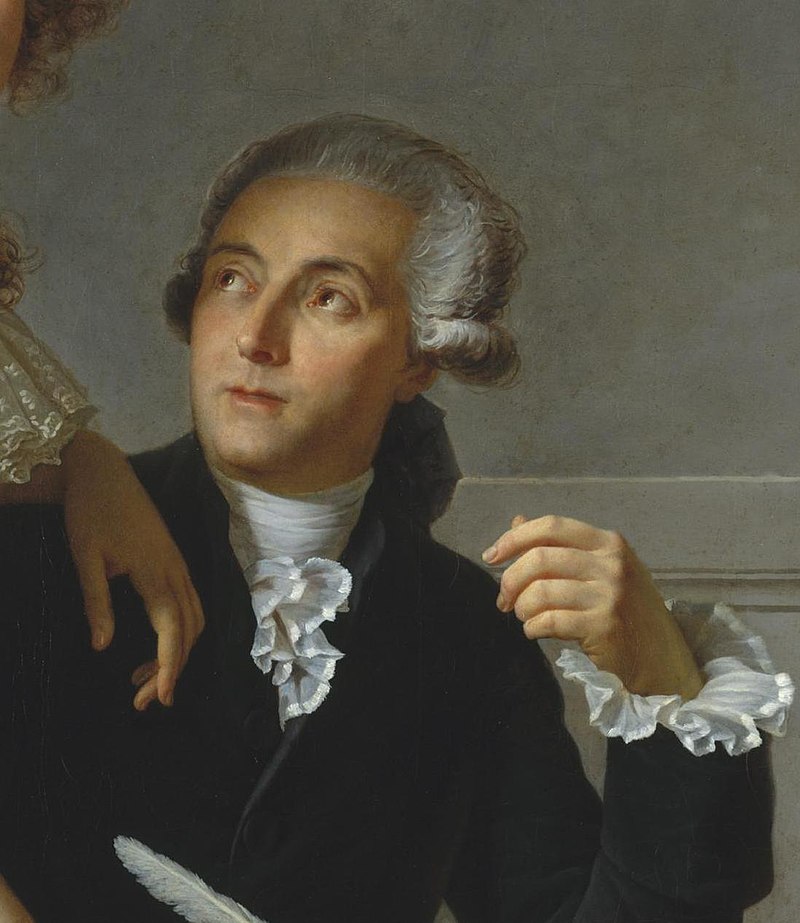
1778 – LAVOISIER
Earth, air, water and fire and not elements, but oxygen and nitrogen are.
Isolated the first elements, oxygen and nitrogen,
paving the way for the discovery of all others.
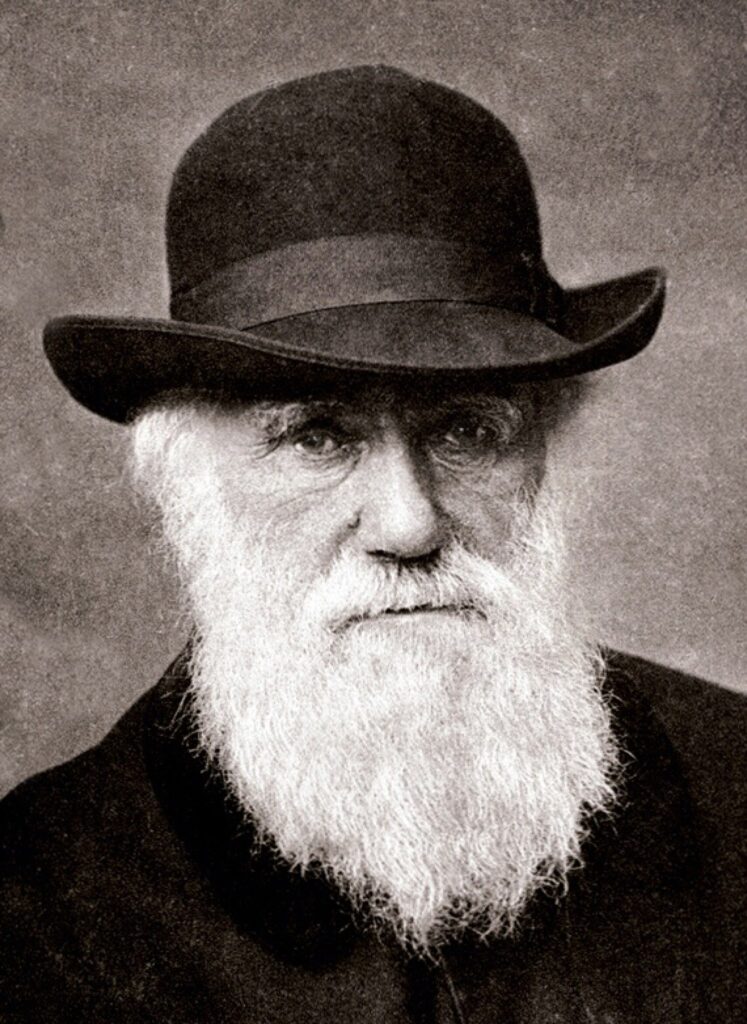
1859 – DARWIN
Fossils are not relics of previous creations, but remains of extinct species.
Showed that living beings could change over generations through natural selection.
Species could thus disappear and appear. Several creations were not necesssary to account for fossils.
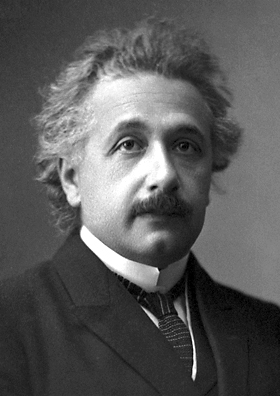
1915 – EINSTEIN
Time and space are not fixed. Spacetime changes with speed and also with gravitation.
Explained why light always travels at the same speed.
Time and space are not fixed but depend on the relative speed of objects.
Gravitation operates like a constant acceleration; therefore objects curve spacetime.